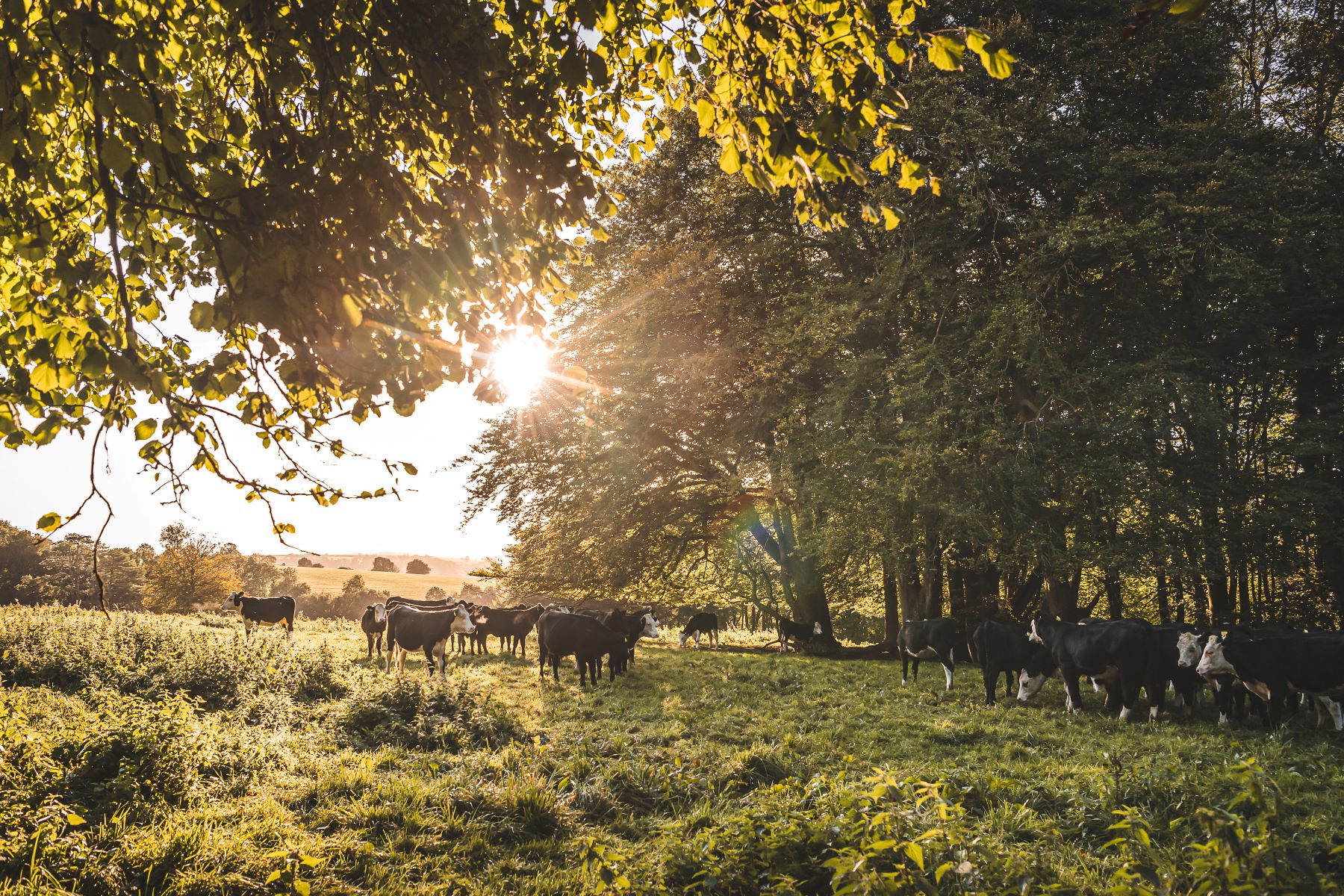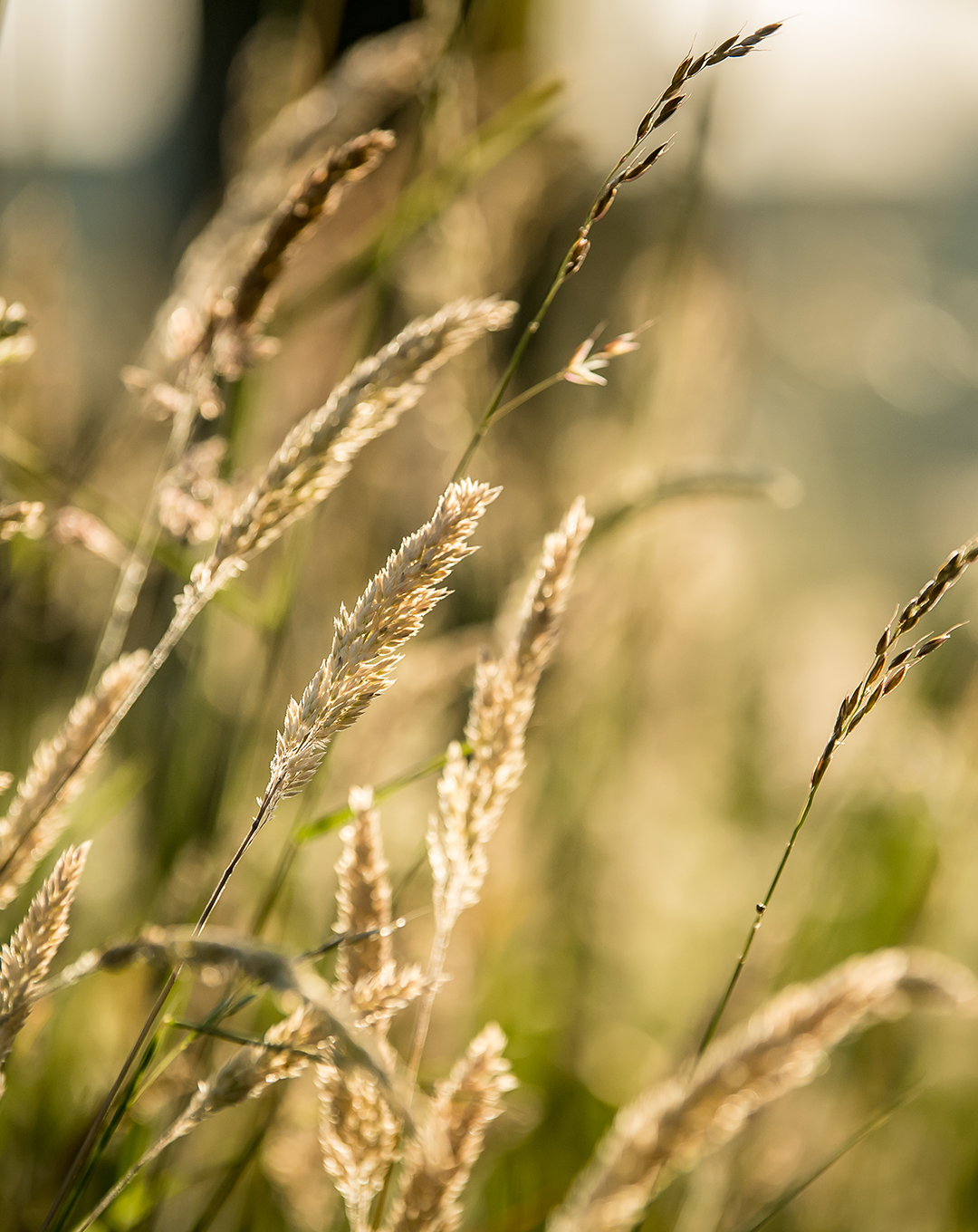While it’s not a new concept, in recent years regenerative agriculture has become the new buzzword when referring to sustainable farming practices. But just what does it mean?
Sometimes also referred to as agroecology, regenerative agriculture is essentially a system of farming that focuses on enhancing ecosystems, with soil health at its heart. It’s a lower input style of farming, with less reliance on artificial fertilisers and pesticides, and a focus on plant and crop diversity with minimal soil disturbance. The aim is to improve soil health through rebuilding organic matter, and livestock can be an important part of this.
Does It All Sound Familiar?
All of the principles described above, are also at the very core of organic farming and are the same reasons we have been championing organic for the last twenty years. For us, it has always made much more sense to work with nature rather than against it and we passionately believe in the importance of soil - it is one of our most important tools in the fight against climate change – there are 2,500 billion tonnes of carbon stored in the world’s soils! That’s more than in the plants, trees and the atmosphere combined.
Is There A Difference?
Organic farming encompasses the same regenerative principles, but it’s about farming in a system that benefits our whole food system - from people to planet, plant health to animals. There is a focus on enriching biodiversity, soil and ecosystems, as well as consideration for the welfare of animals involved in the process. Organic farming means a far more rigorous commitment - signing up to an agreement that means each of the principles is explicitly adhered to, without exception, day in day out. For example, while those farming regeneratively may use pesticides less, those farming organically never ever use pesticides. Instead of relying in any way on the chemicals in pesticides, we aim to create a natural balance between plants and animals - relying on a whole ecosystem to keep pests under control, where animals like beetles and birds feed on pests such as aphids and slugs.

.jpg)

Why We Work With The Soil Association
While the regenerative approach might not be a total solution to the issues that threaten our fragile environment, there is no doubt that producers moving away from farming in monoculture can only be a good thing. The only way we can change our food systems and protect our environment for generations to come, is through a shift to more sustainable systems on a wider scale. For that reason, the increased adoption of regenerative techniques is a positive one. But so often such blanket terms can be taken advantage of, and there is no guarantee of the extent to which those loosely using the term are committing to its principles. Unlike Organic certification, which is governed by bodies such as the Soil Association, regenerative agriculture is an approach that can be dipped in and out of and is also open to interpretation. Aspects of it will be adopted for some farms and not for others and to a differing extent on each. We believe the only way to be totally confident that the food you are buying has truly been produced sustainably, with the unwavering aim of enhancing our ecosystems, is to look for the logo and buy organic.


.png)
